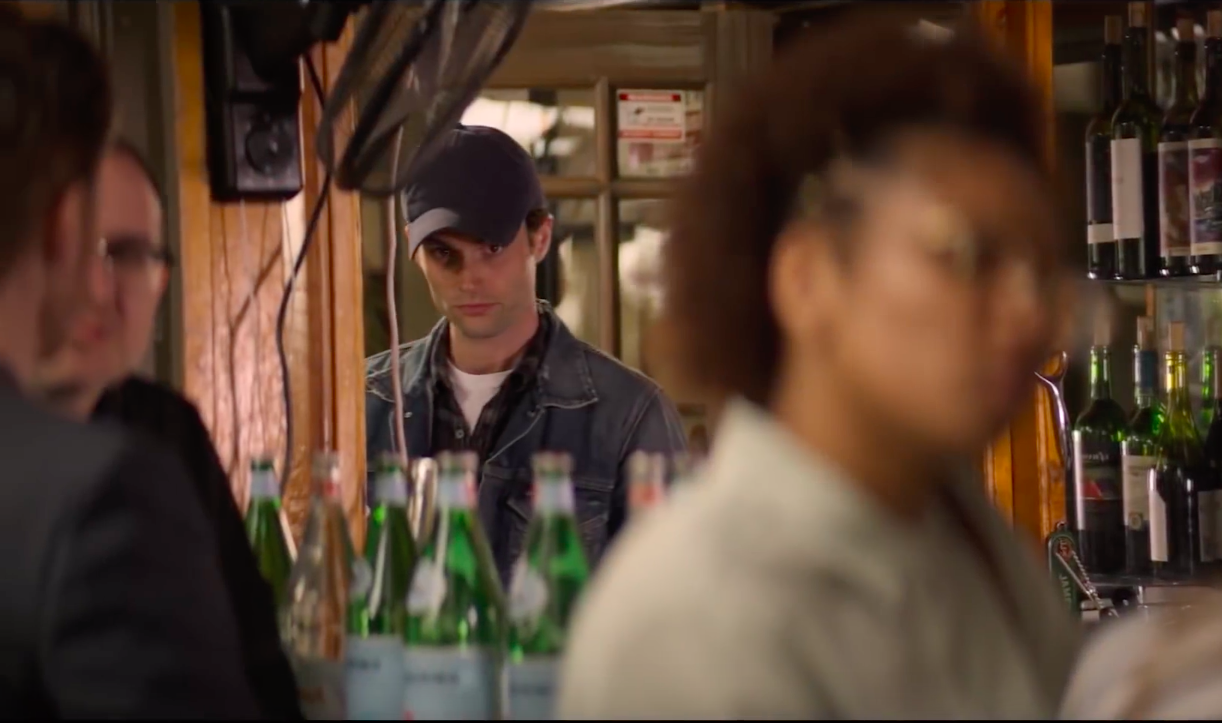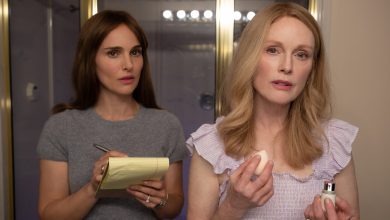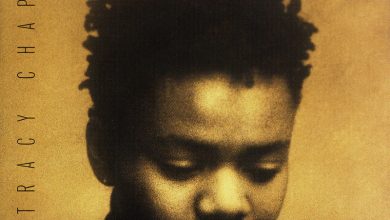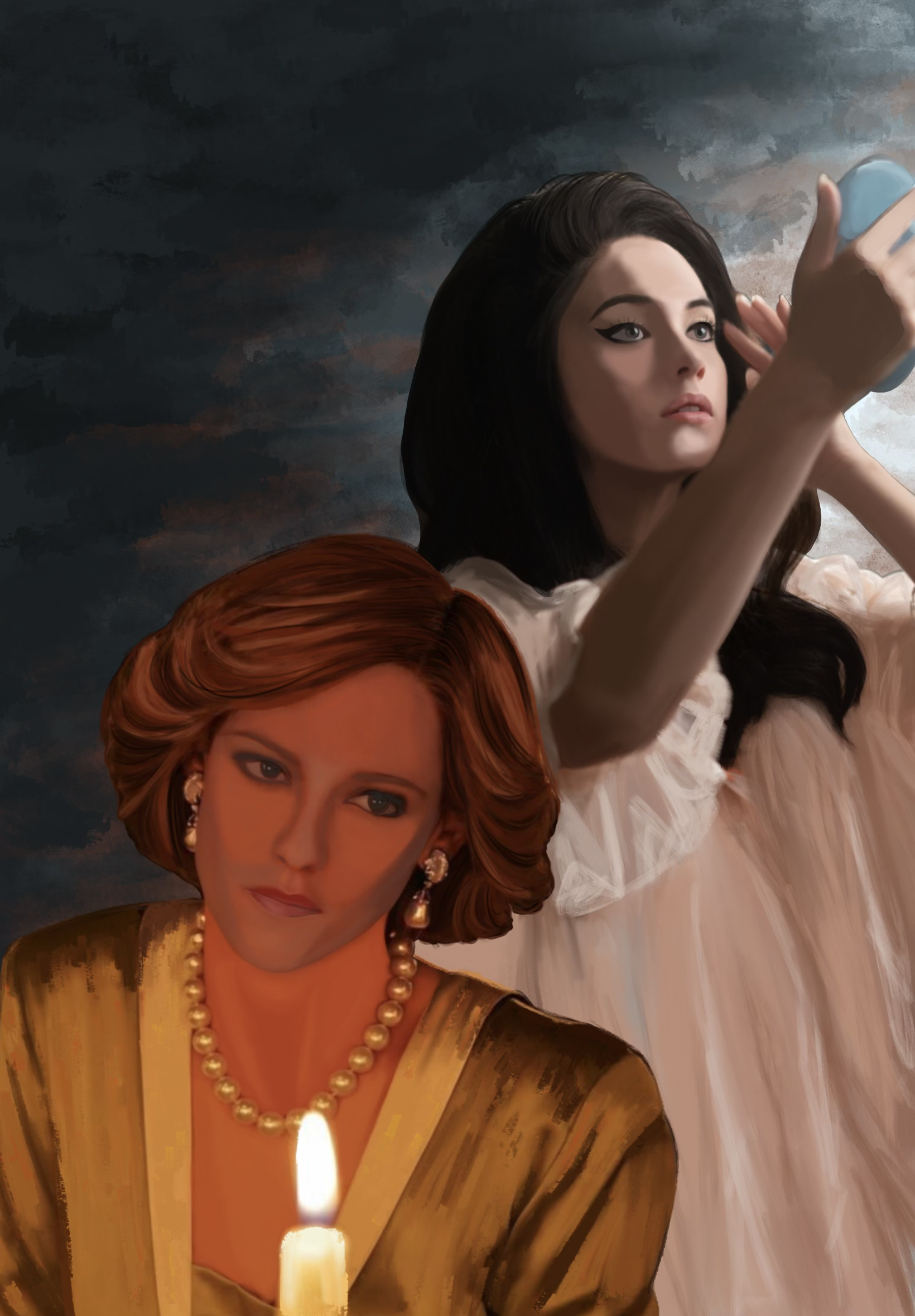‘You’ Season 2: An Abuser’s Narrative

Image source: YouTube
“You” returned to Netflix for its second season on December 26, giving us another season of Joe Goldberg (Penn Badgley) abusing, manipulating, and stalking those around him to satisfy his urges to control women he views as inevitable future partners. This time, he goes to Los Angeles and sets his sights on Love, a young chef/health guru whose family owns the grocery store he begins working at. While a repeated season concept, “You”’s second season ups the ante in how far the world around him will go to justify Joe’s behavior. But there is an undeniable nagging thought underlying this series’ premise: do we truly need this intimate perspective of a manipulative abuser in this social climate? Does highlighting abuse by engaging with its perpetrator really give his victims the justice and vindication that they deserve?
By being in Joe’s brain through voiceover monologues and following the narrative largely through his perspective, we are afforded a look into his justification of his thoughts and behaviors. While endlessly intriguing (and simultaneously, bewildering) to hear Penn Badgley’s thoughtfully cunning delivery of why his [Joe’s] stalking and manipulation of others is truly because he’s a “good guy,” it’s not a defense of toxic behavior that we haven’t heard before; it’s just a more internalized rationale in this context. The “nice guy” trope of a supposedly kind man who is only using his kindness to attract women and then get something from them (usually in the form of sex) is a well-known reality for women. While the concept of men assuming the “nice guy” identity and not overtly indicating it with their outward behavior is more sinister than those who actually are “nice guys,” is it really fair to assume that most people (especially women) aren’t fully aware of this? And that most continue to watch out for this behavior past the first interaction? Do we really need a firsthand account of an undercover “nice guy” stream of consciousness to recognize his recurrent existence in our world? Whether or not making the abuser the protagonist always humanizes him and makes us sympathetic to his behavior (though I think this portrayal is on the brink of doing this), it sure takes time away from showing the effects of his abuse on his victims.
While we find out later in the season that Love is extremely manipulative herself (most overtly, of her brother Forty), she still is Joe’s primary target of control and domination. Yet, by not granting Love her intimate perspective in the same magnitude of a protagonist, we don’t get to see her potential puzzlement at Joe’s bizarre behaviors and actions—such as when she realizes that Joe can easily see into her house from his or after she realizes Candice was his first victim and not just his “crazy ex.” Though Love’s rationality to identify and thwart toxic behaviors is questionable (given her subsequent absolving of Joe of his crimes and continuation of her own), she, as a victim of Joe’s manipulation, deserves to be invested in.
That’s not to mention the other side characters hurt by Joe—including Will, whose identity Joe assumes this season, gets locked in a soundproof cage by Joe and is left to go through withdrawal without help. After he’s released, we get no information to how he is recovering after Joe stole and assumed his life, and then we jump to him being happy with his girlfriend and having a newly kindled friendship with Joe. While almost disastrously unrealistic and a dangerous relationship to assume forms between abusers and their victims, this portrayal also gives no emotional justice to Will by forgetting about the obvious fear and PTSD that would result from that situation, not to mention if Stockholm Syndrome created his forgiveness towards Joe.
Or Ellie, who is (thankfully) not abused by Joe but who is embraced by him as a quasi-child and becomes an over-interested presence in her life (he is a 30-something-year-old alone with a 15-year-old, people!). Ellie is also perved on by Henderson, a sleazy famous comedian, who slips her a roofie in an attempt to sexually assault her. Though Joe incapacitates Henderson before he can do so, the event in and of itself is immensely traumatizing. Yet we only see her waking up on a couch confused, without any of the typical pre-loss of consciousness signs of being drugged or any of the fear she most likely felt after. We should have seen her work through her feelings on this night, but never get to complete that storyline arc with her. By focusing on the acts of toxicity, manipulation, and violence perpetrated instead of the victims and the resulting trauma they experienced, an incomplete portrayal of abuse and control is given. Victims get the short-end of the stick in both screen time and emotional depth. If modern pushes for representation are done with the goal of humanization of marginalized persons, giving a voice to an abuser is not representation.
“You”’s cultural relevance is not insignificant. It’s not to say that its existence in today’s media hasn’t shed some light on cis white male privilege and the extent to which we will defend white men and their actions. But it begs the question of if this perspective of abuse is the one we need the most right now, when real-life victims are not being paid attention and whose stories are silenced by the deafening voices of their abusers. “You” may be bringing attention to our awareness of the covertness and subtlety of many abusers in their manipulation tactics, but it doesn’t give victims the power and voice that they deserve.




